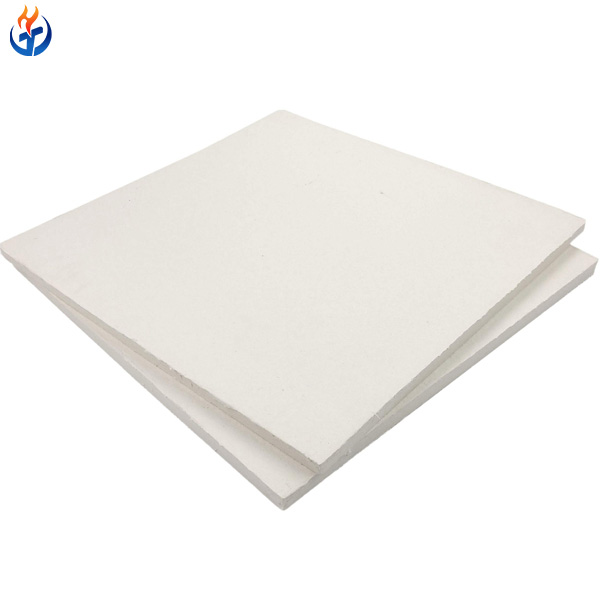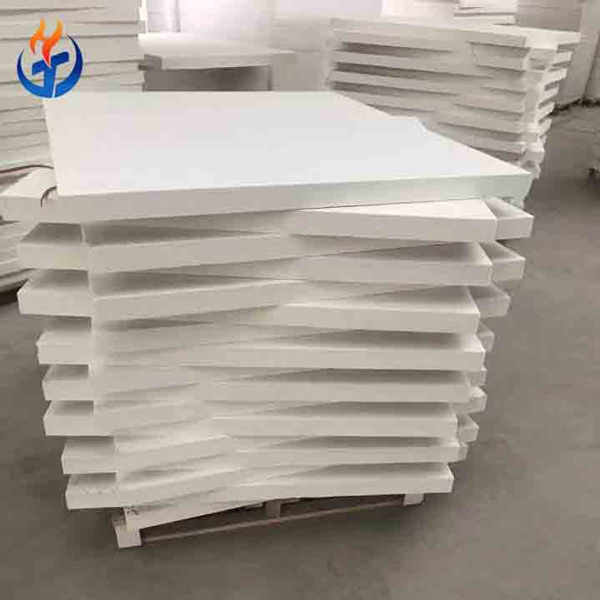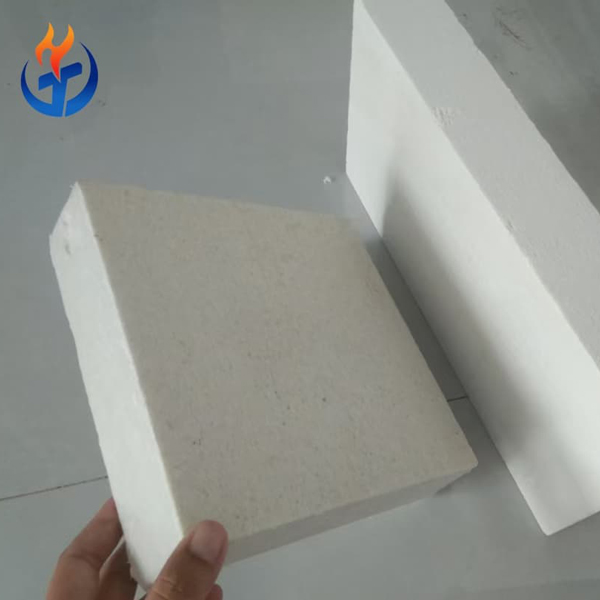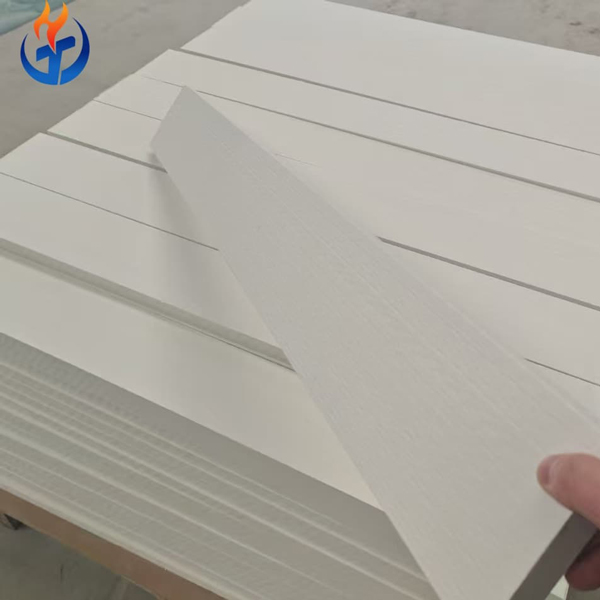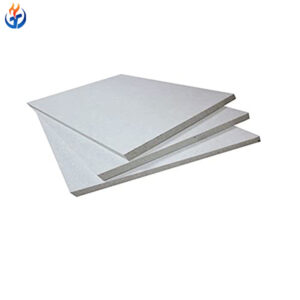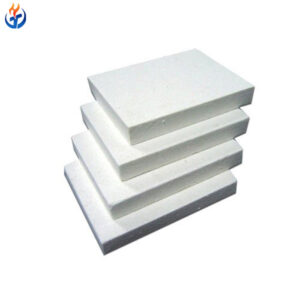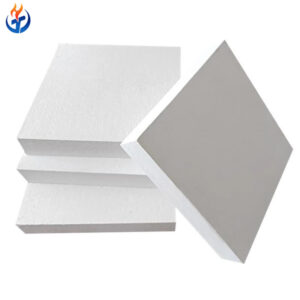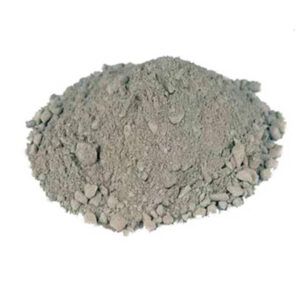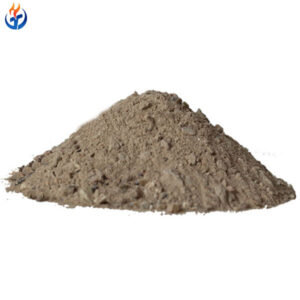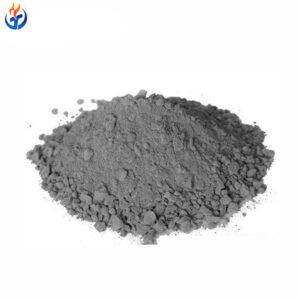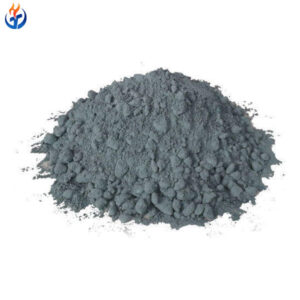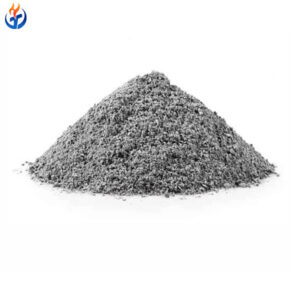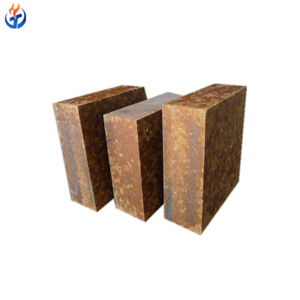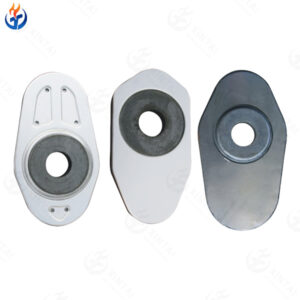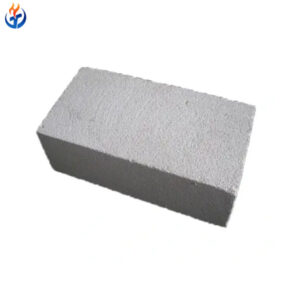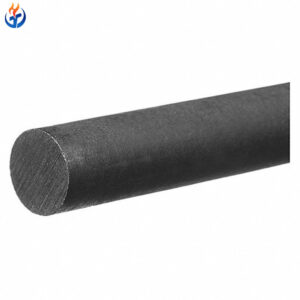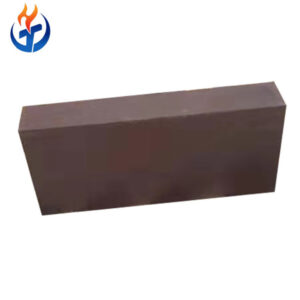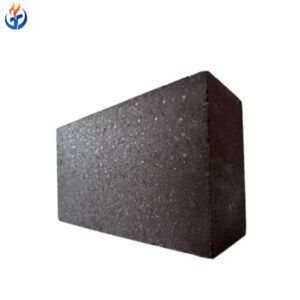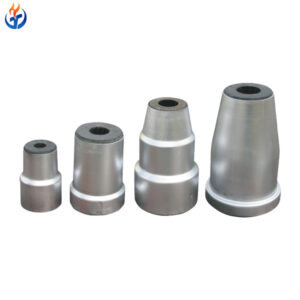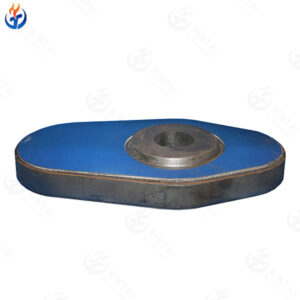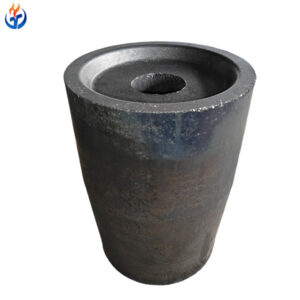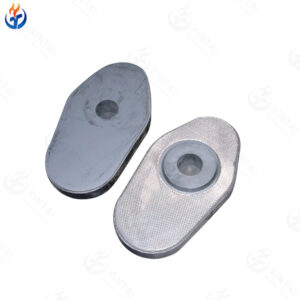The XB126A Mechanism Ceramic Fiber Board is a premium-grade rigid insulation board designed for superior mechanical strength and thermal performance. Manufactured by Xintai Refractory using a precise vacuum forming and shaping process, this board offers excellent dimensional stability, uniform density, and enhanced resistance to thermal shock, chemical corrosion, and mechanical wear.
It is specially developed for use in environments where standard ceramic fiber boards may deform under mechanical or thermal stress. XB126A is reinforced with inorganic binders and selected fibers to maintain structural integrity under compressive loads and high temperatures.
Technical Specifications of DiePlate Ceramic Fiber Board
| Parameter | Value |
|---|---|
| Classification Temperature | 1260°C |
| Brand | XB126A |
| Permanent Linear Change Rate | ≤ -31000 (℃ × 24h) |
| Thermal Conductivity (500°C) | ≤ 0.135 W/(m·k) |
| Moisture Content (%) | ≤ 1.5 |
| Organic Content (%) | Organic Content |
| Bulk Density | 300 kg/m³ |
Key Features
Classification Temperature: Up to 1260°C
Continuous Use Limit: ~1100°C (depending on application conditions)
High Compressive Strength: Resists deformation under load
Low Thermal Conductivity: Minimizes heat loss in high-temperature environments
Excellent Machinability: Can be cut, drilled, and shaped without cracking
Chemical Stability: Resistant to most acids, alkalis, and slags
Non-Asbestos, Eco-Friendly, and Lightweight
Typical Applications
XB126A Mechanism Ceramic Fiber Board is widely used in high-precision, high-temperature environments across the metalworking and thermal processing industries, such as:
Back-up insulation for kiln linings and furnace walls
High-strength support layers in petrochemical reactors
Insulation in aluminum processing and glass industry
Molded parts and mechanical protection in hot zones
Structural insulation in thermal equipment housings
Custom components in laboratory and industrial furnaces
Production Details of Our DiePlate Ceramic Fiber Board
The XB126A Mechanism Ceramic Fiber Board is engineered through a precise wet forming process using high-purity aluminum silicate ceramic fibers. The board is reinforced with select inorganic and organic binders to enhance strength, thermal stability, and handling characteristics. It is an ideal choice for high-temperature insulation applications that require rigidity and durability.
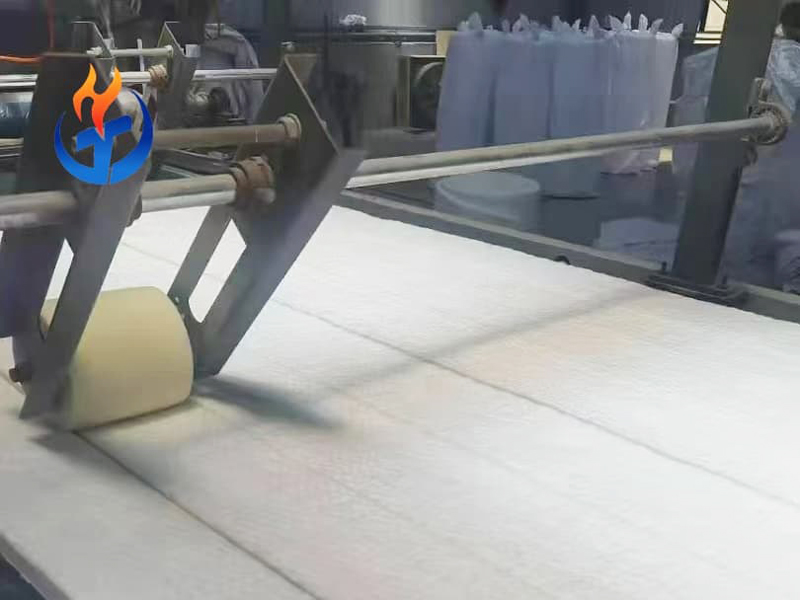
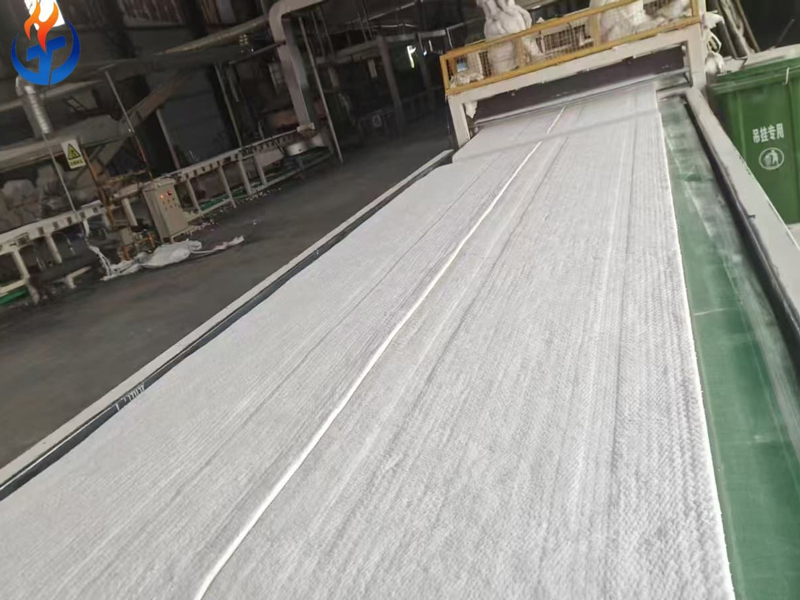
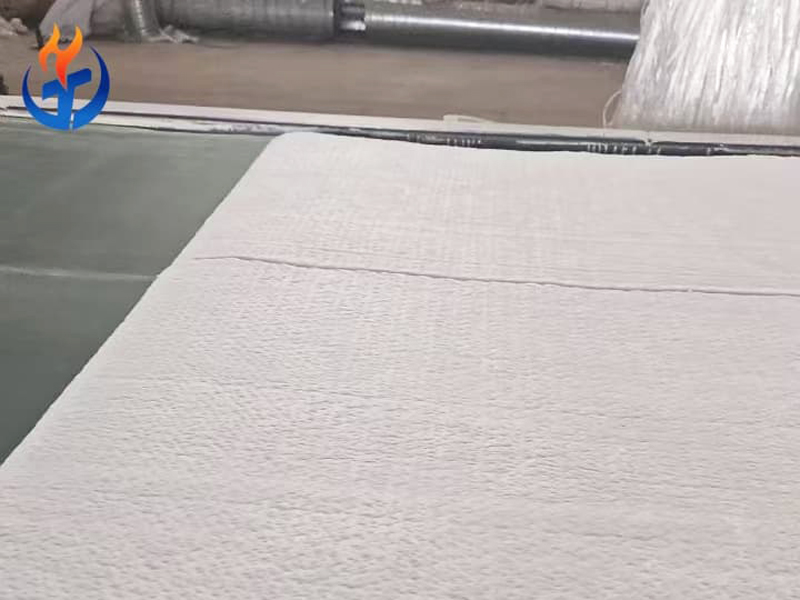
Packing and Shipping Details
Each roll is wrapped in moisture-proof PE film, packed in woven bags or heavy-duty cartons, and palletized for bulk orders. We support custom sizes, OEM branding, and fast global delivery via sea, air, or express.
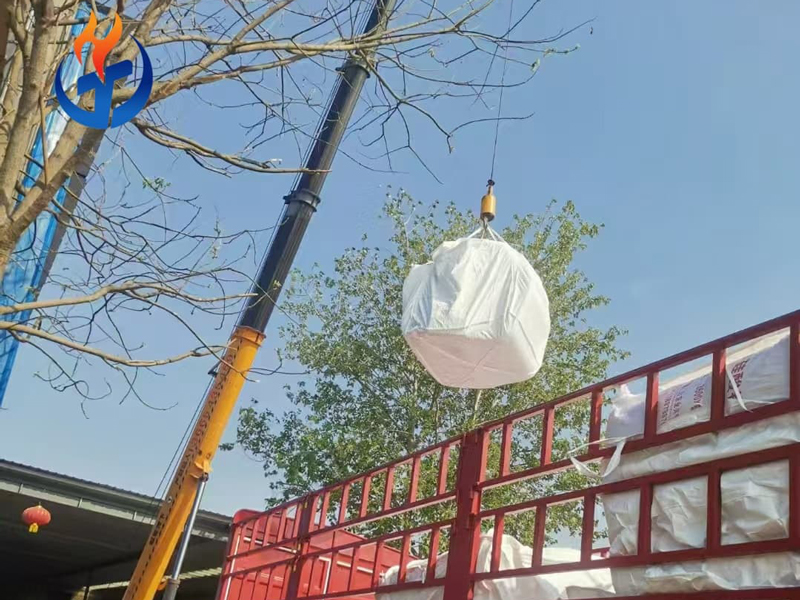
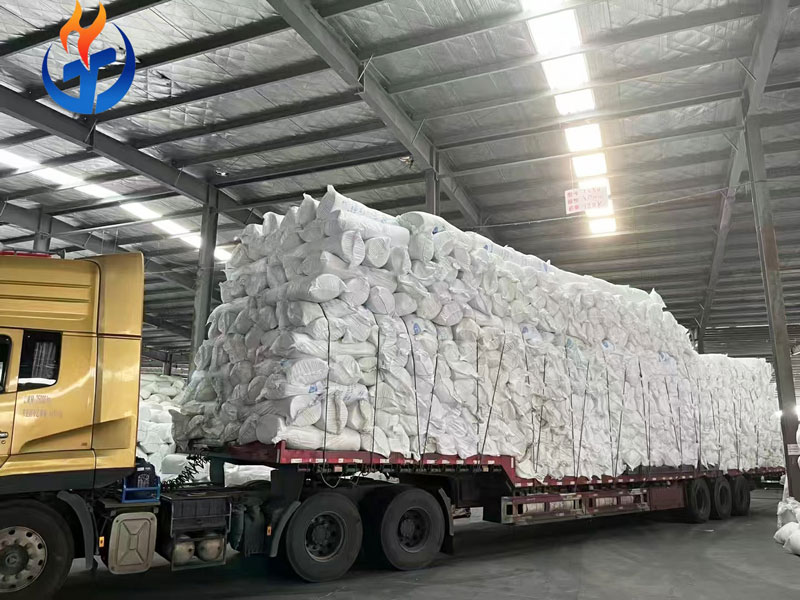
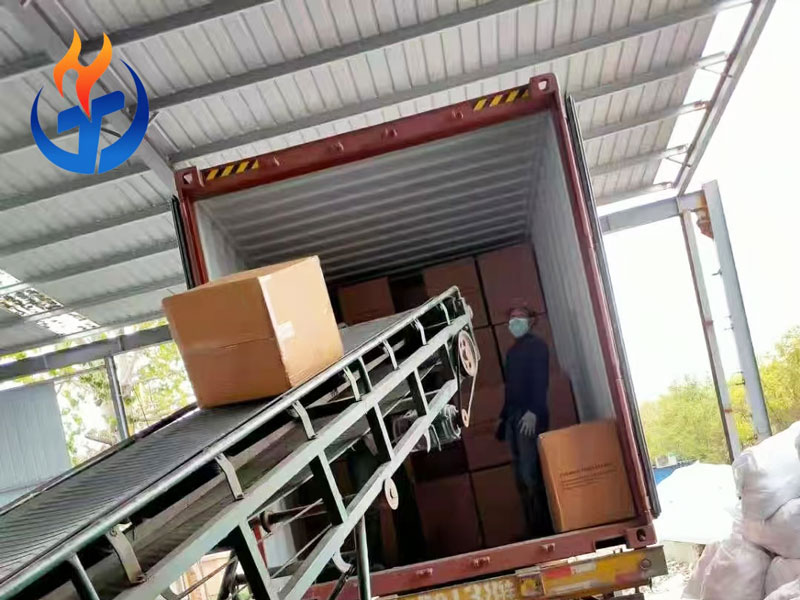
Frequently Asked Questions (FAQ)
Q1: What is the XB126A Mechanism Ceramic Fiber Board made of?
The XB126A board is manufactured using high-purity alumino-silicate fibers combined with selected inorganic and organic binders. It is formed through a vacuum forming process that ensures consistent density, low thermal conductivity, and excellent thermal shock resistance.
Q2: What is the maximum temperature resistance of XB126A?
The classification temperature of XB126A is 1260ºC, but the recommended continuous working temperature is up to 1100ºC for optimal performance and extended lifespan.
Q3. Can the XB126A board be cut or shaped for installation?
Yes. XB126A boards are easy to cut, shape, and install using standard hand tools. They can be trimmed on-site for custom applications without losing thermal integrity.
Q4: What are the typical applications of XB126A ceramic fiber board?
Common applications include:
Furnace linings
Back-up insulation
Heat shields
High-temperature gasket fabrication
Foundry ladle covers
Boiler insulation
Kiln hot face linings
Q5: Does the board release harmful fumes when heated?
XB126A may contain a small percentage of organic binders, which may burn off during initial heating, producing minimal off-gassing. Proper ventilation during first use is recommended. After burnout, the board is entirely inorganic and emission-free.
Q6: What is the thermal conductivity of XB126A?
At 500ºC, the thermal conductivity of XB126A is ≤ 0.135 W/m·K, making it ideal for high-efficiency insulation in demanding industrial environments.

